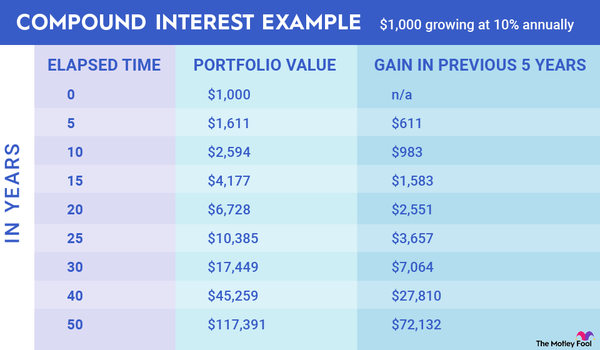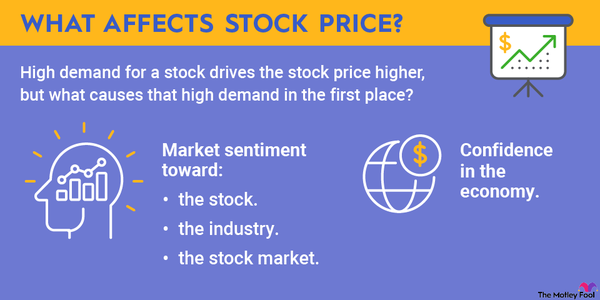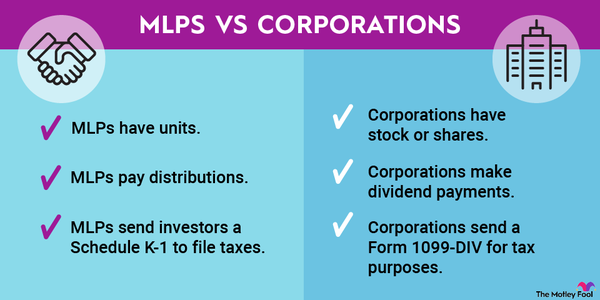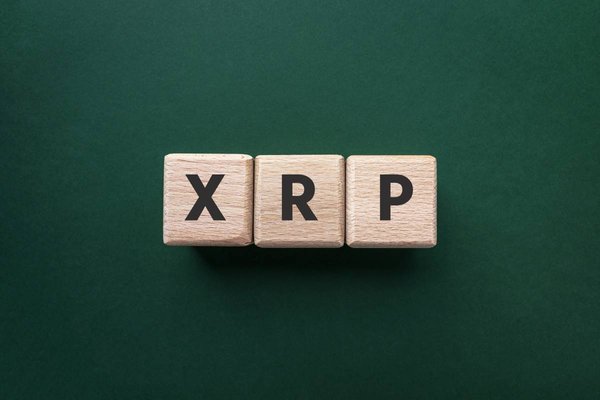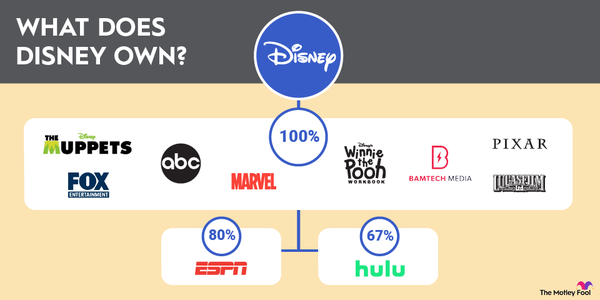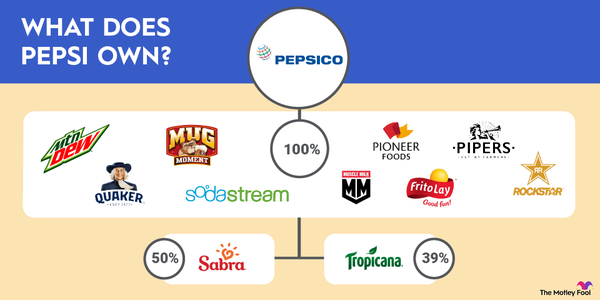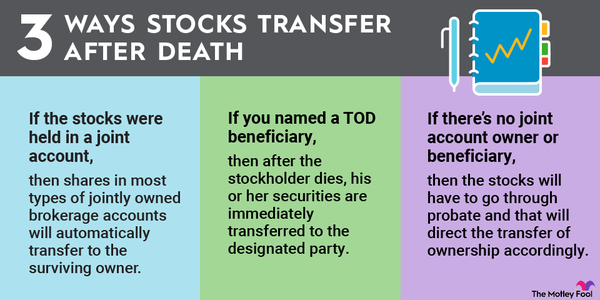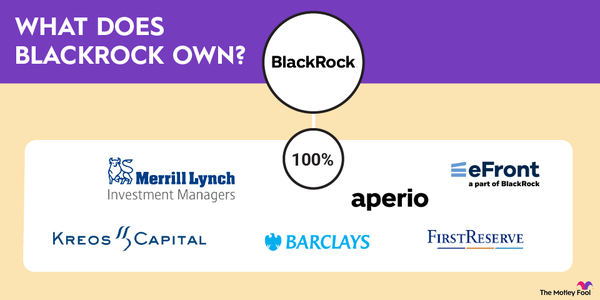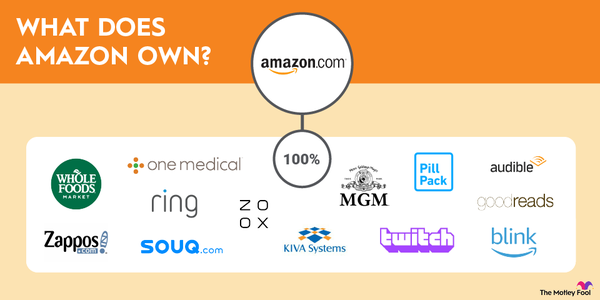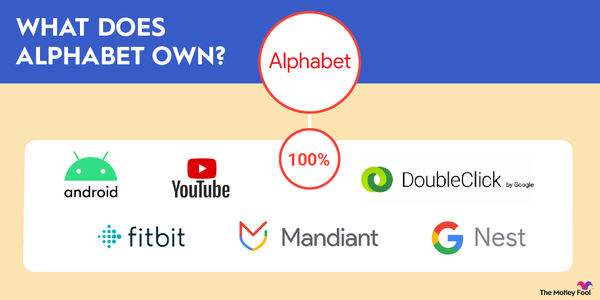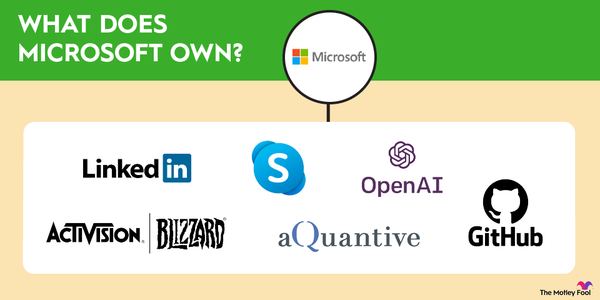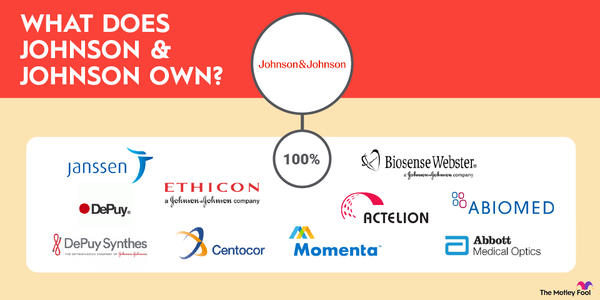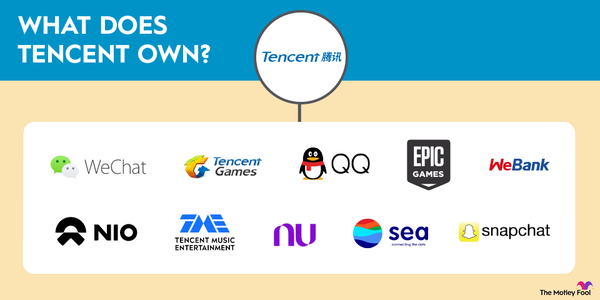Constellation Energy (CEG -1.87%) is the largest provider of carbon-free energy in the U.S., supplying about 10% of the nation's zero-carbon electricity. The Baltimore-based company's nuclear, hydro, wind, and solar generation facilities power about 16 million homes in the U.S.
The company was established in 1999 as a part of Constellation Energy Group but later merged with Exelon Group (EXC -0.47%) in 2012. Constellation Energy then spun off to become its own publicly traded company in 2022, focusing primarily on nuclear and renewable energy.
In January 2025, Constellation Energy announced plans to acquire Calpine, a privately held company that's the leading generator of electricity from natural gas and geothermal resources in the U.S., for a net purchase price of $26.6 billion. The merger will create the largest provider of clean energy in the U.S. Last year, the company also made headlines when it inked a deal with Microsoft (MSFT -3.67%) to restart a Three Mile Island nuclear power plant and power its artificial intelligence (AI) data center.
If you want to invest in the transition to clean energy, buying Constellation Energy stock could be a smart move. We'll break down what you need to know about investing in Constellation Energy, including its profitability, dividend history, stock split history, and more.
Stock
How to invest
How to buy Constellation Energy stock
To buy stock in any publicly traded company, including Constellation Energy, follow these six steps.
Step 1: Open your brokerage app. Log into your brokerage account where you handle your investments.
Step 2: Search for the stock. Enter the ticker (CEG) or company name into the search bar to bring up the stock's trading page.
Step 3: Decide how many shares to buy. Consider your investment goals and how much of your portfolio you want to allocate to this stock.
Step 4: Select order type. Choose between a market order to buy at the current price or a limit order to specify the maximum price you're willing to pay.
Step 5: Submit your order. Confirm the details and submit your buy order.
Step 6: Review your purchase. Check your portfolio to ensure your order was filled as expected and adjust your investment strategy accordingly.
Should I invest?
Should I invest in Constellation Energy?
No stock is right for every investor. Here are some scenarios where you might consider adding Constellation Energy stock to your portfolio:
- You want exposure to clean energy stocks and believe the U.S. will continue its transition to carbon-free electricity.
- You care about sustainable investing and want to invest in a company with strong ESG ratings.
- You believe that increased adoption of AI technologies will create more need for electric utilities.
- You're looking for dividend growth, but don't need investment income right now.
- You're focused on energy stocks with long-term growth potential and can afford to stay invested through short-term headwinds.
Consider avoiding Constellation Energy stock if:
- You're concerned about the risks of nuclear energy.
- You believe policy changes or grid limitations could disrupt the transition to clean energy in the U.S.
- You're looking for a high dividend yield.
- You believe the DeepSeek AI model, which requires far less power than previous AI models, could have a negative effect on energy stocks.
Profitability
Is Constellation Energy stock profitable?
Constellation Energy stock is profitable. The company reported generally accepted accounting principles (GAAP) net income of $11.89 per share and adjusted operating earnings of $8.67 per share for fiscal 2024, easily beating the top end of its twice-revised guidance range of $8 to $8.40 per share. In the fourth quarter of 2024, it posted adjusted earnings per share of $2.44, well above the analyst consensus of $2.19.
The company's Q4 and full-year earnings report contained several other pieces of good news for investors. Constellation Energy said it completed $1 billion worth of share repurchases in 2024 and grew its dividend by 25%. It also received a credit ratings upgrade from Moody's, which could make it cheaper for the company to borrow money for projects that will power its growth.
Dividends
Does Constellation Energy pay a dividend?
Constellation Energy pays annual dividends of $1.41, which works out to a dividend yield of 0.44% based on its share price as of mid-February 2025. That may not be the kind of dividend yield that excites income investors, considering that many utility stocks have yields well north of 3%.
But the stock could be worth snatching up if you're looking for dividend growth. Since becoming its own publicly traded company in 2022, Constellation Energy has increased its dividend every year. The company said in its 2024 annual report that it expects to hike its dividend by another 10% in 2025.
Exchange-Traded Fund (ETF)
ETFs
ETFs with exposure to Constellation Energy
Because it's part of the S&P 500 index, you can get a small amount of exposure to Constellation Energy stock by investing in an S&P 500 exchange-traded fund (ETF) or any fund that tracks most of the U.S. stock market. However, several funds offer more concentrated exposure to the stock. Here are three examples:
- Strive Natural Resources and Security ETF (NYSEMKT:FTWO): The FTWO ETF invests in companies that provide exposure to fuel, the aerospace and defense sectors, agriculture, nuclear energy, and gold and precious metals. The fund has about 50 holdings, the largest of which is Constellation Energy, with a weight of almost 15%. The ETF expense ratio is 0.49%, which means you'd pay $4.90 in fees on a $1,000 investment.
- VanEck Uranium + Nuclear Energy ETF (NLR -0.77%): The ETF invests in companies that focus on uranium mining or nuclear energy. Constellation Energy is the largest of the fund's 28 holdings, representing more than 10% of its assets. The ETF has a net expense ratio of 0.61%.
- Utilities Select Sector SPDR Fund (XLU -0.83%): The ETF provides broad exposure to utility companies represented in the S&P 500 index. Constellation Energy is the second-largest of the fund's 31 holdings, topped only by NextEra Energy (NEE -3.06%), with a weight of about 8%. The fund's expense ratio is 0.08%.
Stock splits
Will Constellation Energy stock split?
Constellation Energy has announced no plans for an upcoming stock split as of early 2025. Companies often split their stocks to make their shares more appealing to retail investors and improve liquidity after share prices have risen rapidly. Constellation's stock was trading at more than $300 in early 2025, so a stock split isn't totally out of the question, but it's unlikely to happen in the near future.
The company hasn't split its stock since becoming its own publicly traded entity in 2022.
Related investing topics
The bottom line on Constellation Energy stock
Energy prices can be volatile, and changes in clean energy regulations and tax incentives could have a major impact on carbon-free energy providers like Constellation Energy. Also, it's making a large investment in nuclear energy, which remains controversial.
But if you believe that the transition to carbon-free energy is inevitable, Constellation Energy could be a good pick for your portfolio. The company has a profitable history and has signed several deals that should be appealing to clean energy investors. Its commitment to growing its dividend could eventually make it a good stock for income investors, as well.
FAQ
Investing in Constellation Energy FAQ
Is Constellation Energy (CEG) a good stock to buy?
Constellation Energy (CEG) could be a good stock to buy if you want to invest in America's transition to clean energy in the long term or if you're looking for solid ESG stocks. However, if you're looking for big short-term profits or significant dividend income, you should probably pass.
Is Constellation Energy publicly traded?
Yes, Constellation Energy became its own publicly traded company in 2022, following a spinoff from Exelon Group.
What does Constellation Energy do?
Constellation Energy provides electricity, natural gas, and renewable energy to homes, businesses, and public-sector customers throughout the U.S. It supplies about 10% of the nation's carbon-free electricity.
What is the symbol for Constellation Energy?
Constellation Energy's ticker is CEG. The stock trades on the NASDAQ exchange.













